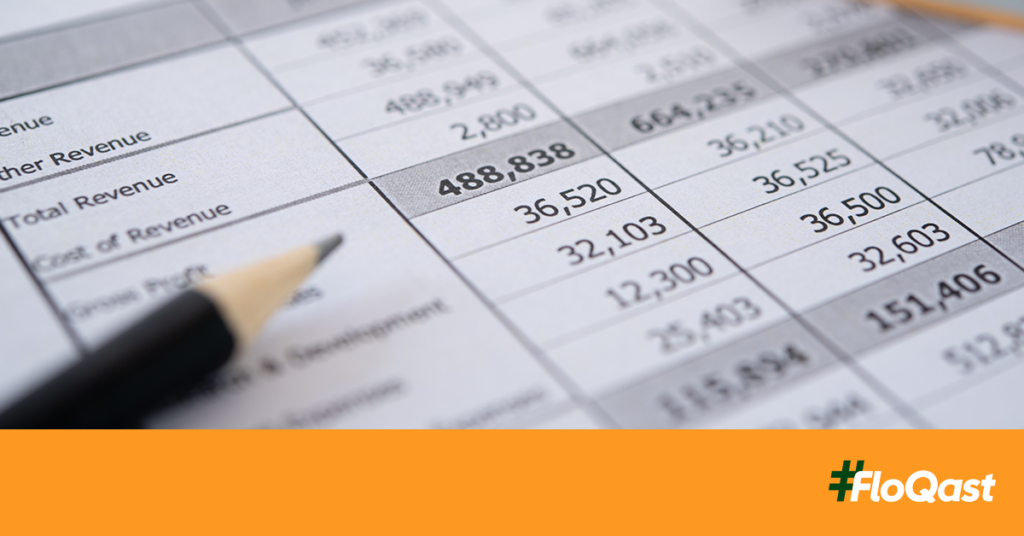
Blog - accounting, audit, autonomy, business, Financial reporting, fraud, GAAP, hp, IFRS, recognition, revenue




Accounting
HP and Autonomy Trade Accusations Over Accounting Error Disclosures
Hewlett-Packard’s 2011 purchase of British software maker Autonomy for $11 billion has seemingly devolved into a mess of allegations about accounting errors and mismanagement. On Jan. 31, Hewlett-Packard disclosed serious accounting errors it said it found during an audit of Autonomy. The disclosures were made to the British government in routine filings.
According to the disclosures, Autonomy overstated its revenue and the operating profit of one of its subsidiaries in 2010 in the quarters leading up to the Hewlett-Packard acquisition. The errors resulted in revised 2010 numbers that saw revenue slashed by 54 percent and the subsidiary’s profit decreased by 81 percent. In 2012, HP took an $8.8 billion writedown related to the acquisition. More than half the writedown was reportedly tied to the accounting errors.
Hewlett-Packard says the accounting errors were caused by the way Autonomy booked sales. According to HP, Autonomy recorded sales of hardware products as sales of higher-margin software services. The company also reportedly booked revenue from licensing upfront before any money had been received.
Autonomy’s founder and former members of its management team contend that HP has no evidence to back up its claims. The founder and former CEO, Mike Lynch, has said the issue is related to between American and British accounting standards. He has also said that some of the revenue issues were addressed in later financial reports and that changes in accounting policy had created some points of confusion.
A recent Financial Times investigative report suggested that HP may have been aware of Autonomy’s accounting practices even as it made the acquisition. That report quoted accountants and auditors involved in the deal as saying that Autonomy executives were transparent with HP on the way the company booked revenue. Those auditors also said it seems unlikely that writedowns associated with the accounting issues could be valued at $4 or $5 billion.
After The Financial Times report, Mr. Lynch proclaimed that he and his team had been vindicated. He also said that former HP CEO Meg Whitman only initiated the idea of the accounting issues after HP had mismanaged the company and its acquisition.
HP has stood by the allegations and says there may be more disclosures in the future. The company said it has reported its findings to the Securities and Exchange Commission, the Justice Department and Britain’s Serious Fraud Office. The company may also have to report to shareholders in court. A group of shareholders have filed a class action suit against HP over the matter and a federal judge recently ruled that the case can proceed to trial.


